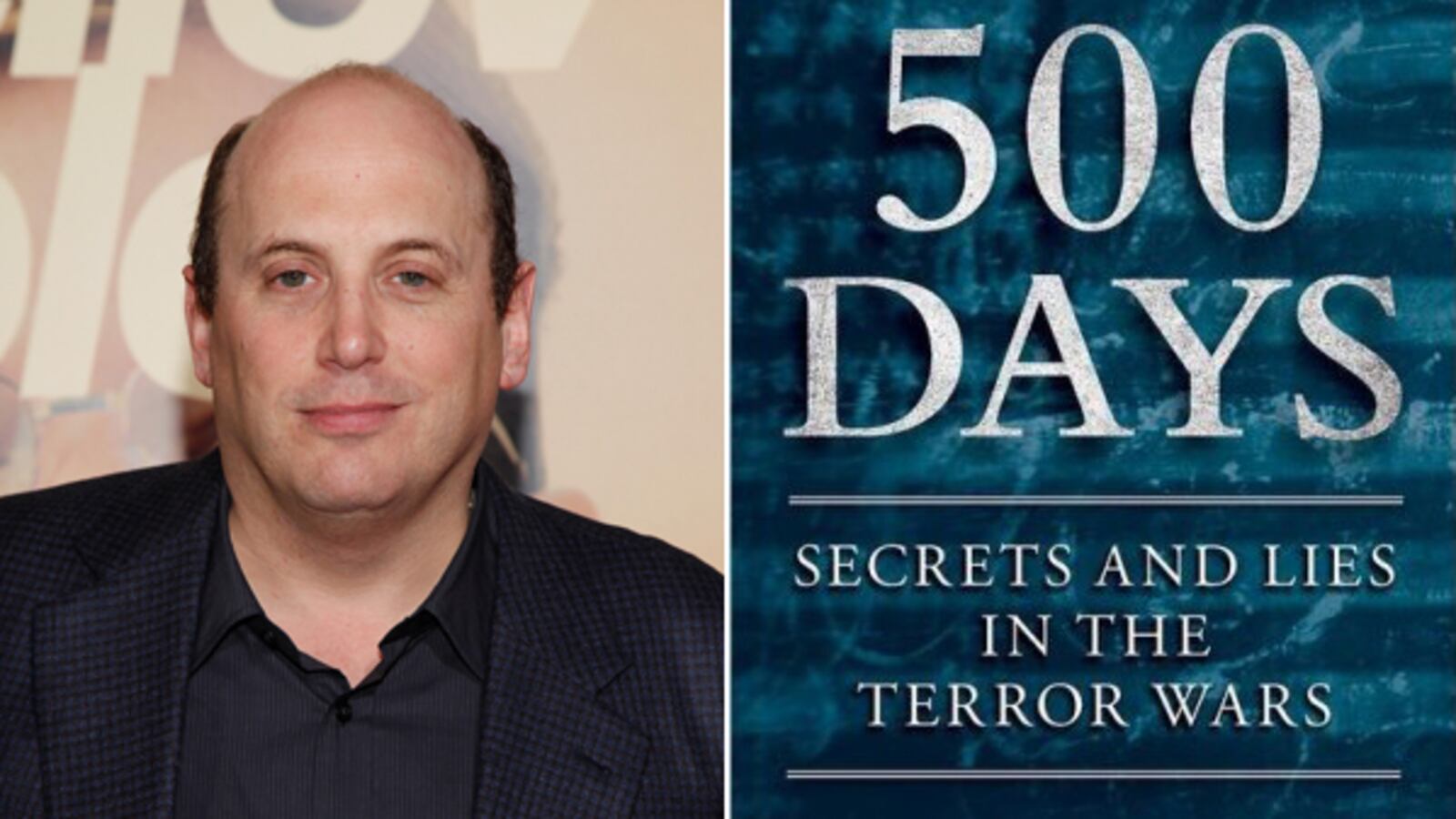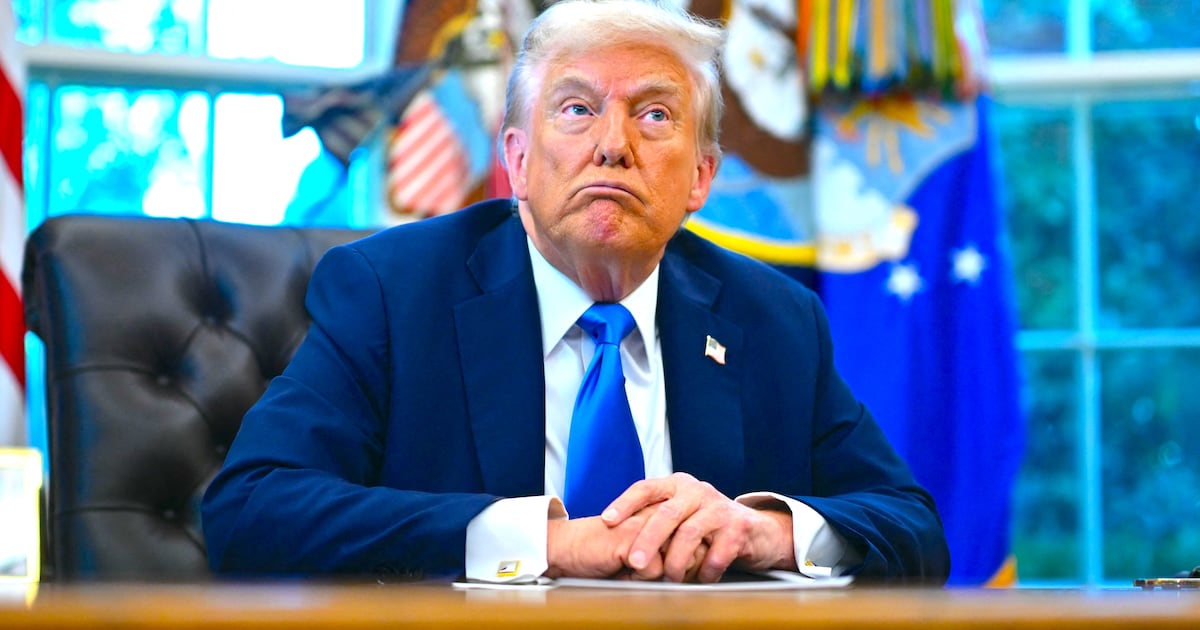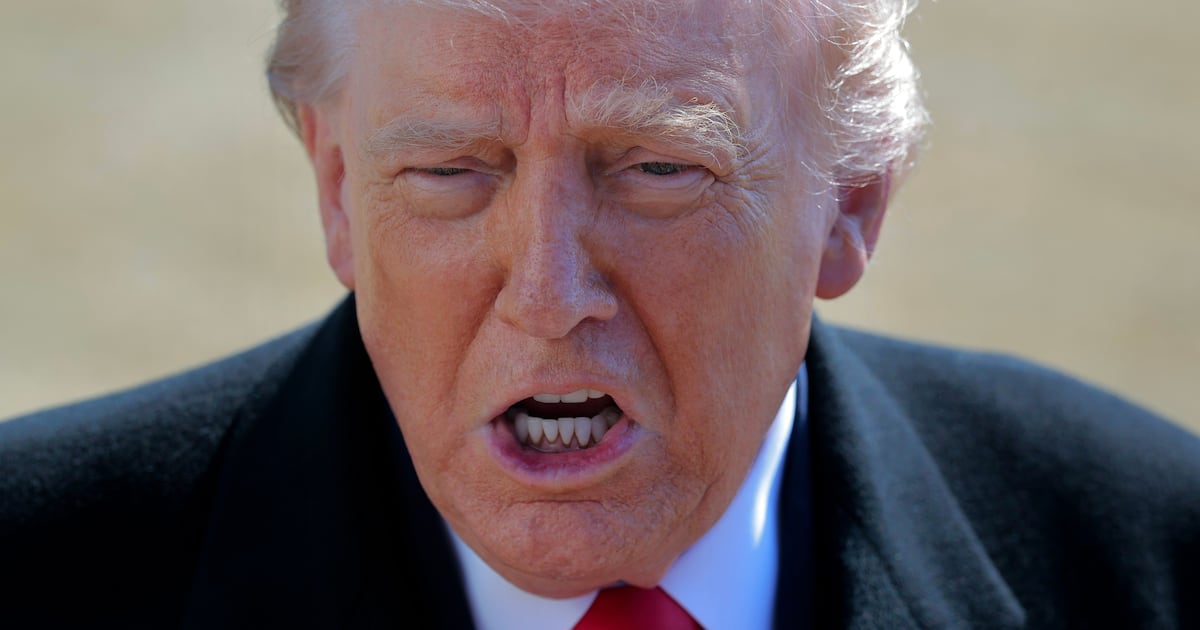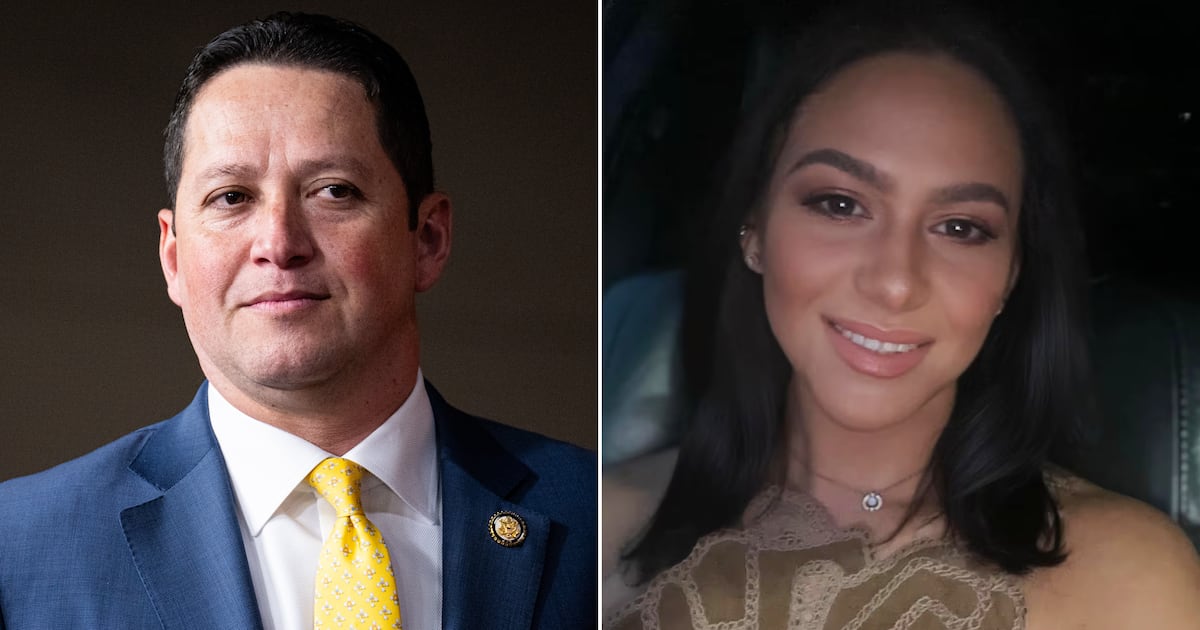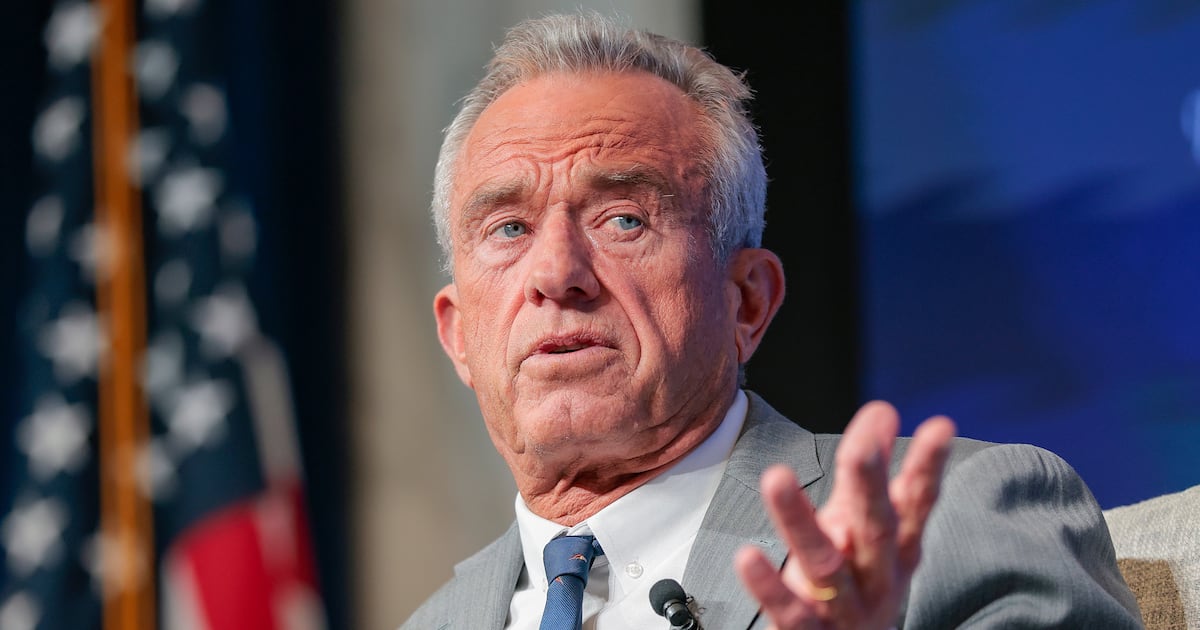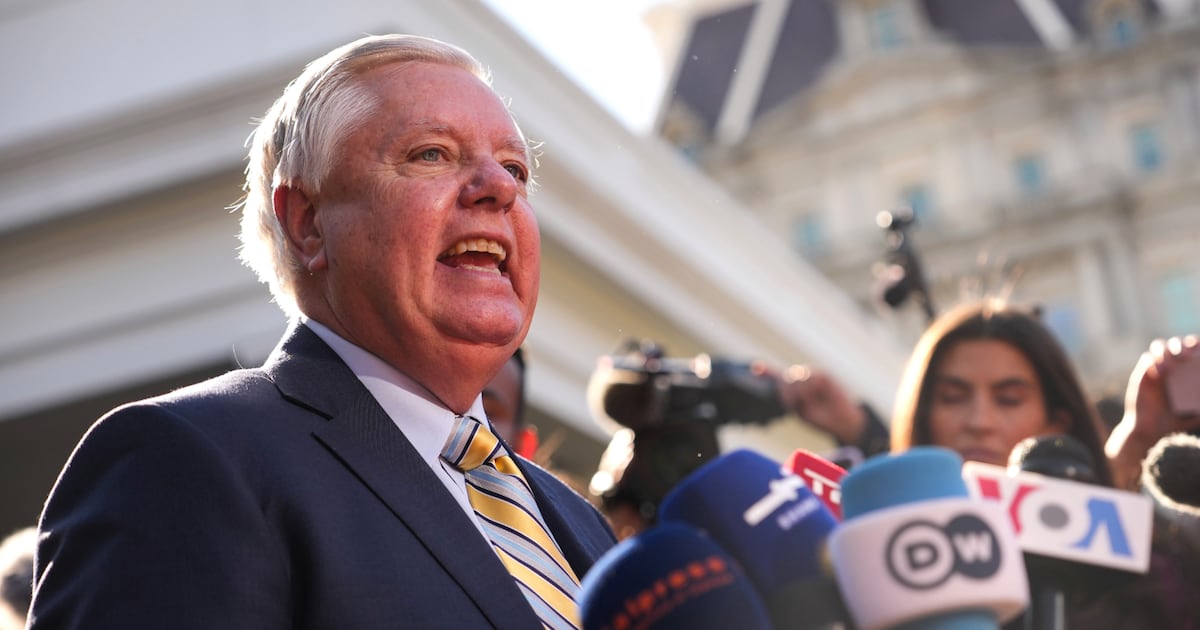1. On 9/11, Rumsfeld ran toward the Pentagon crash site.Donald Rumsfeld was in the Pentagon on the day of the attack. He had disappeared, and officials were looking all over for him to get him out of danger. But he was running toward the crash site. “Sir, we should turn back,” his bodyguard Aubrey Davis said. Just outside the western side he picked up a piece of metal lying in the grass. “American Airlines,” Rumsfeld mumbled.
2. Bush to Blair: “I’m not great with words.”President George W. Bush once told British Prime Minister Tony Blair: “The truth is, I have a limited vocabulary. I’m not great with words, and I have to think about what I say very carefully.”
3. U.K.: White House had “no strategic concept” for after 9/11.British Foreign Secretary Jack Straw prepared a three-page memo to Blair. He wrote that the Bush administration had “no strategic concept for the military plan and, in particular, no thought apparently given to ‘day after’ scenarios.” He thought the American plan fatally flawed.
4. Bush flubbed on Iraq because “we gave the president the wrong text.”Blair had been pushing Bush: in order for the prime minister to support actions against Iraq, there should be two resolutions in the United Nations. But Bush had always refused. But when Bush finally announced his policy on Iraq at the U.N., the administration was stunned when Bush said, “We will work with the U.N. Security Council for the necessary resolutions.” Why did Bush suddenly change his mind? Then Blair’s foreign-policy adviser, David Manning, got a call from Condoleezza Rice. “We gave the president the wrong text,” she said. “He was ad-libbing.” The words on the teleprompter had disappeared, so Bush winged it, and he got it wrong. Rice quickly explained that Bush had not changed his position.
5. Bush: God wants the U.S. to ‘erase His people’s enemies.’After convincing Blair to support U.S. military action against Iraq, Bush turned to French President Jacques Chirac. “Jacques, you and I share a common faith. You’re Roman Catholic, I’m Methodist, but we are both Christians committed to the teachings of the Bible. We share one common Lord.” Chirac said he didn’t know where Bush was going with this. Then Bush said, “Gog and Magog are at work in the Middle East. Biblical prophecies are being fulfilled. This confrontation is willed by God, who wants to use this conflict to erase His people’s enemies before a new age begins.” Chirac said he hung up called together his staff. “He said, ‘Gog and Magog.’ Do any of you know what he is talking about?” Nobody knew. “Find out.”
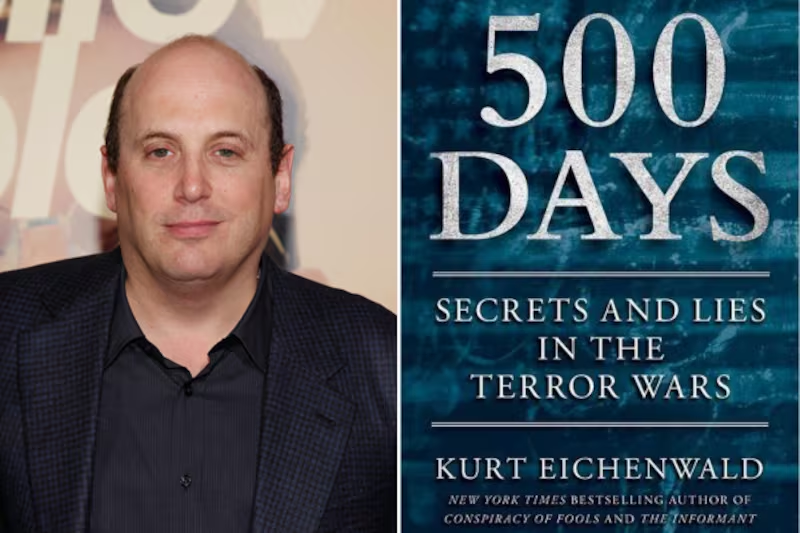
6. The U.S. used the wrong al Qaeda training manual.A training manual supposedly written by al Qaeda was used by American officials to justify “some of the most sweeping and controversial decisions” of the Bush administration, Eichenwald wrote. But in reality it was an unsophisticated document written by a group of jihadists which “does the opposite of what bin Laden called for in his organization.”
7. Gonzales told Bush on waterboarding: “You don’t need to know.”When CIA chief George Tenet was preparing to use “more aggressive interrogation techniques,” like waterboarding, Attorney General Alberto Gonzales told Bush, “Mr. President, I think for your own protection you don’t need to know the details of what’s going on here.”
8. Gitmo official warned how “history will look back on this.” Mark Fallon, the head of the Criminal Investigative Task Force at Guantanamo, read the minutes of a debate between the military and the CIA about using harsher interrogations like waterboarding. “His revulsion deepened,” Eichenwald wrote. “It was all abhorrent.” Fallon wrote an email to his team. “This looks like the kind of stuff that congressional hearings are made of,” Fallon said. “Someone needs to be considering how history will look back on this.”

